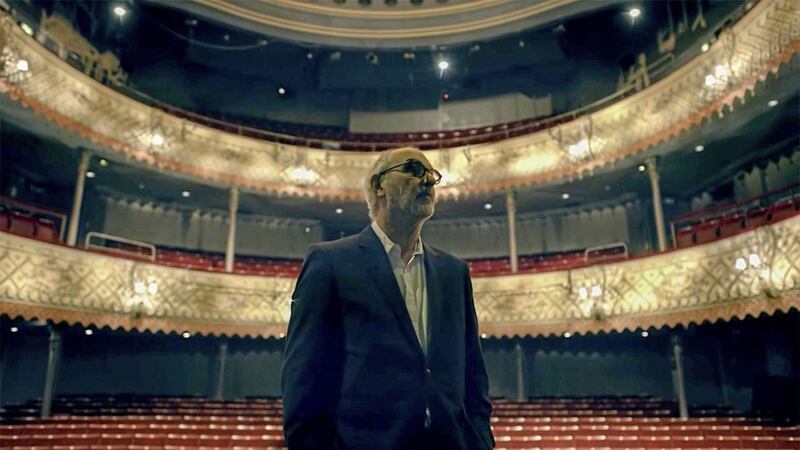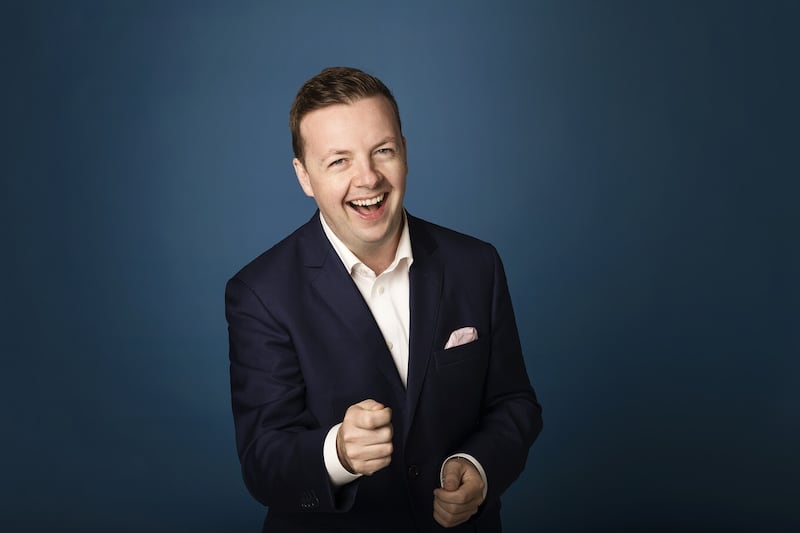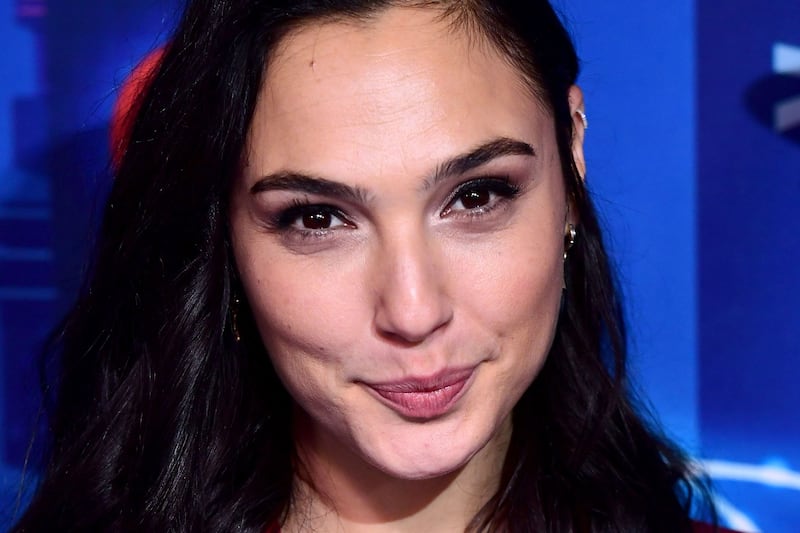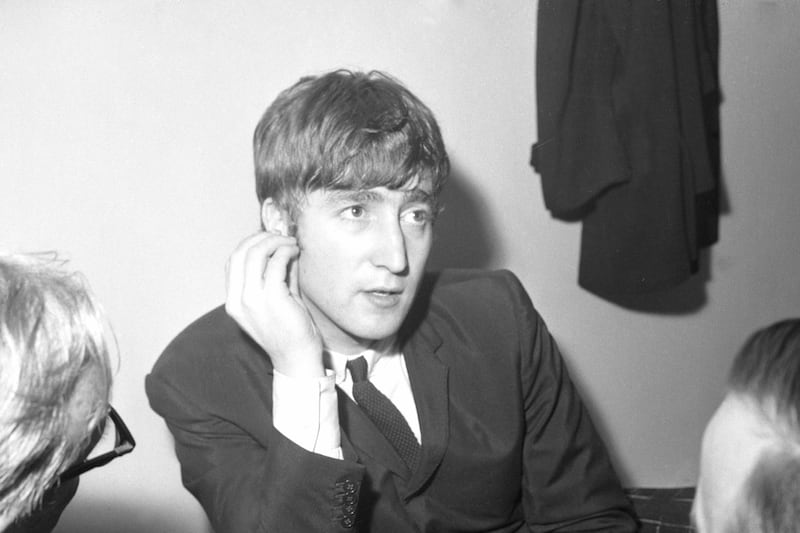Imagine: We’ll Be Back, BBC 1, Tuesday
Coronavirus has broken open the relationship between many of our not exclusively commercial sectors and money.
The arts, sport and the media are just three areas where the lockdown, albeit with different levels of effect, has separated the producers from their audiences.
Media is probably the healthiest of the three where a decade or more of digital transitioning had already opened up a new route to market.
At an elite level, where TV companies remain willing to pay millions, sport is surviving, but those levels that require physical fans are in deep trouble.
The arts, particularly those which perform in indoor spaces, are probably the worst affected of the three. Theatres and indoor concert venues haven’t been open in almost a year and there are no TV millions available like there has been for the Premier League.
Alan Yentob began his appeal for arts funding in an empty Alexandra Palace, a cavernous space able to hold 10,000 people.
But he was BBC balanced about his geography and showed us empty theatres all over Britain, including those of the Birmingham Ballet Company, Manchester's Gorilla, the Old Vic in London and the Plymouth Royal Theatre.
His message was undeniable: That art, in its broadest sense, is intrinsic to the human experience. That we have an essential need to gather and share and that it we are not careful many of our treasured places and some of the essential skills will be lost.
But while the threat is serious, we need to be careful about catastrophising.
Take the Old Vic. It has a budget of £1.3 million a month, employs 250 staff and at present its only income is from live streamed performances. It doesn’t get direct government support, although presumably it has access to furlough and other business Covid support schemes. It has been bankrupt 13 times in its 200-year history and is still standing.
If audiences want live theatre when this thing ends, and they will, then the Old Vic and others will provide it.
It brings us back to questions about the relationship between these kinds of industries and their financing.
The media, bar the BBC, remains almost exclusively commercial, seeking to keep distance from the authorities it holds to account.
Sport is a world of the haves and have nots, where the grassroots fight to survive and elite sports generates huge sums, are traded internationally and are increasingly the target of private equity.
The arts too has its top and bottom. At its most commercial end, international music stars and their promoters generate significant profits on stadium tours, while niche sectors like opera and ballet need government support to survive.
But survive it must, as baritone, Roderick Williams said: “(At the beginning of the pandemic) the idea of an artist being an essential worker was laughable, but very soon it became clear that for us to have any sort of human existence that arts are essential, otherwise we are machines. If there is no expression of society or self then there is not point to it I think.”
*******
Joanna Lumley’s Home Sweet Home, UTV, Tuesday
The staycation became de rigueur in the world of TV travel shows this week.
Joanna Lumley was in Derry meeting our own Richard Moore for her new travelogue, former Strictly Come Dancing judge Darcey Bussell was exploring the ‘wild coasts of Scotland’ on Channel 4 (Monday) and Sandi Toksvig was making ‘extraordinary escapes’ while taking other celebrities to “Britain’s best holiday sports” on the BBC (Wed).
The regional tourist boards must feel as if they are in some wonderful dream.









